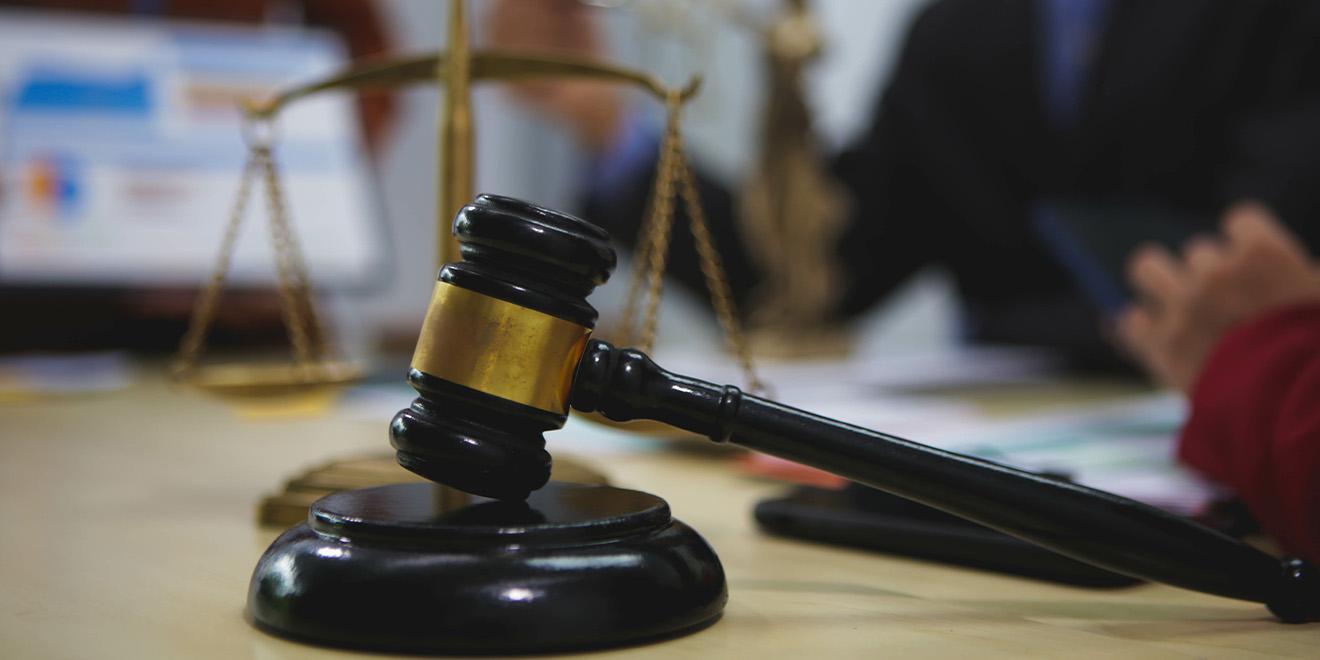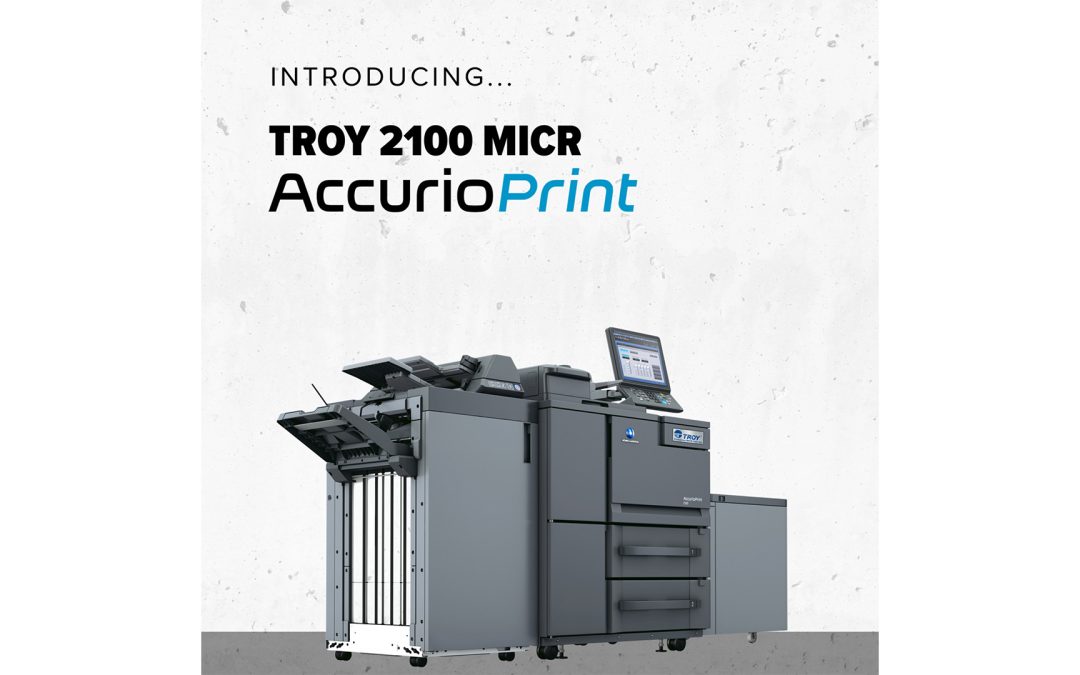Jonathan Brightman accuses Toshiba of using “sham enforcement” and law enforcement pressure to crush rivals in the lucrative aftermarket for toner.
Jonathan Brightman has launched a new lawsuit against Toshiba America Business Solutions and Toshiba Business Solutions, claiming the companies monopolised the aftermarket for Toshiba OEM toner and orchestrated his wrongful prosecution.
The 33-page complaint, filed in the Central District of California, alleges a “decade-long campaign” in which Toshiba “weaponised civil litigation, manipulated law enforcement investigations, and leveraged false and misleading information to eliminate a lawful competitor.”
Brightman, who ran Copy Com Distribution (trading as Independent Cartridge Supplier), argues that Toshiba maintained its hold on the toner market through a nationwide network of 338 authorised dealers. According to the complaint, this structure allowed Toshiba to dictate who could sell consumables and to mobilise the network against rivals.
The filing lists a series of tactics aimed at excluding independents. These include:
- Supplying investigators with curated evidence while omitting unfavourable court rulings.
- Using unsigned or unexecuted order forms as supposed proof of fraud.
- Circulating pre-filled “victim complaint” forms on Toshiba letterhead for customers to sign.
- Presenting inflated catalogue ceiling prices as evidence of overcharging, rather than actual transaction prices.
- Encouraging customers not to pay competitors’ invoices and to keep products without payment.
Brightman claims these “sham enforcement efforts” suppressed competition, inflated toner prices, and deprived customers of choice. He is seeking more than $10 million (€9.2 million) in trebled damages, plus an injunction to prevent Toshiba from foreclosing independent resellers.
Long legal history
The lawsuit builds on years of disputes between Toshiba and independent sellers. In 2007 Toshiba sued distributor IDC Servco, which supplied Brightman’s firm, under the Lanham Act. A 2008 contempt motion was denied when the court ruled Toshiba had not proven that independents acted “in concert” to mislead customers.
In 2014, the Federal Trade Commission brought a $128 million contempt case, arguing IDC Servco used independents to sidestep a 1988 order restricting deceptive practices. But in March 2025, the court rejected the FTC’s motion for summary judgment, finding no evidence that IDC Servco controlled sales companies such as Brightman’s.
Criminal case and acquittal
In 2016, Brightman himself was indicted for mail fraud. He was convicted, sentenced to 30 months, and served 18 months in federal custody before the Ninth Circuit unanimously overturned all convictions in April 2024. The appellate court ruled the government’s case “legally and factually insufficient,” noting that “there was no evidence… suggesting that any businesses did not receive the toner or that any of the toner had defects.”
Brightman says the case destroyed his business and his reputation. He argues Toshiba acted “primarily for a purpose other than to bring [him] to justice,” instead seeking to remove an independent rival and preserve its aftermarket dominance.
Toshiba has not yet filed its defence.




















